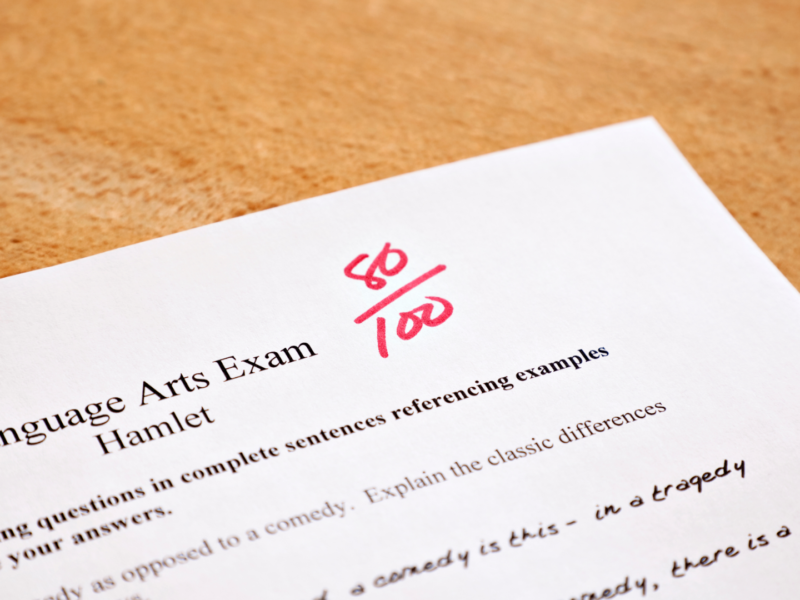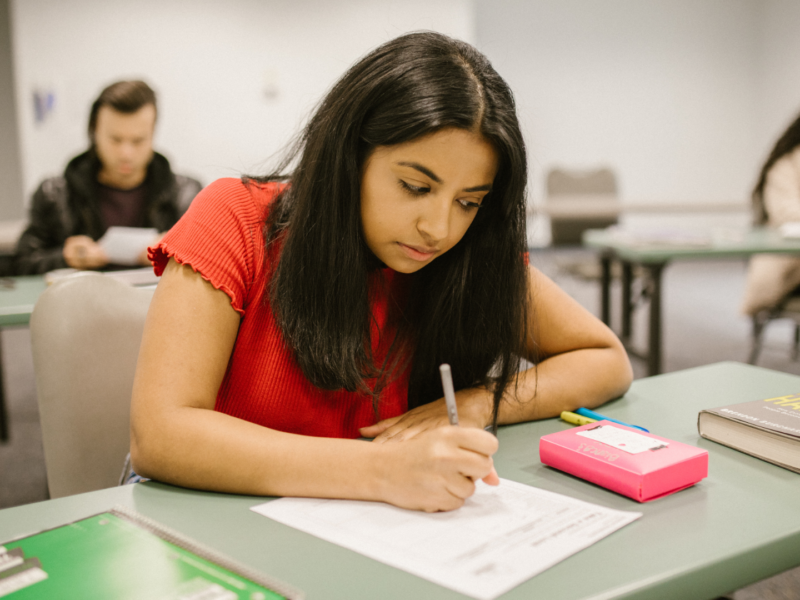Cerebrate Blog.
Explore strategies for skill development

Engaging Middle School Students in Self-Reflection Discussions to Build Self-Monitoring Skills
Posted In Discussion
Self-reflection discussions are a powerful tool for teaching executive function skills, especially self-monitoring, to middle school students. These discussions not only help students develop a deeper understanding of their thoughts and actions but also encourage them to consider how their choices affect others and their own academic success. Middle school, particularly grades 5-8, is a […]

The Link Between Self-Assessment and Student Performance: A Guide for Teachers
Posted In Behaviors
When students struggle with self-assessment, it can significantly impact their academic performance and overall learning experience. Self-monitoring is a critical component of executive function, enabling students to evaluate their work, understand grading systems, and identify errors. However, many high school students face executive function challenges that prevent them from effectively engaging in this process. Understanding […]

Encouraging Student Talk: Discussions for Self-Reflection in the Elementary Classroom
Posted In Discussion
Discussions for self-reflection are essential to building strong executive function skills in elementary students. When teachers incorporate executive function instruction into their daily routines, students learn how to assess their actions, monitor their progress, and develop self-regulation strategies that improve their academic performance. By fostering discussions for self-reflection, educators create opportunities for students to engage […]

Self-Reflection: Strengthening Self-Monitoring Skills in Middle School Students
Posted In Writing
Self-reflection is a powerful tool in executive function instruction, helping students develop essential self-monitoring skills. By guiding students to evaluate their own behaviors, thoughts, and academic progress, educators empower them to take ownership of their learning. Self-monitoring is a key executive function skill that enables students to recognize their strengths, identify areas for improvement, and […]

